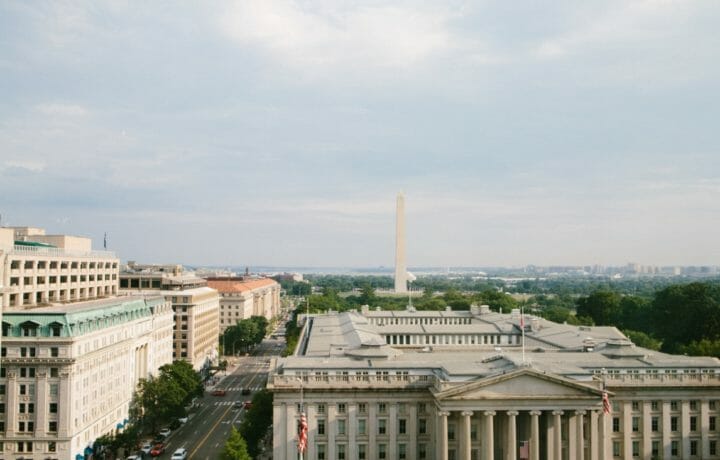NASA has a goal to make near-spaceflight as regular and predictable as German trains leaving the bahnhof (train station). They’re also looking to make access to space cheaper. And they apparently have a plan. To achieve those goals, NASA awarded indefinite delivery, indefinite quantity (IDIQ) contracts to four budding U.S. “new space” companies.
The Fighting Four Space Companies
Who are the lucky four NASA deemed as having a fighting chance for getting spaceships into space (or close to it)? The one with the best public relations campaign and some credible results is Virgin Galactic. They’ve already flown SpaceShipOne and are very busily testing SpaceShipTwo. The others are more obscure: Masten Space Systems, Paragon Space Development Corp., and Up Aerospace. If you haven’t heard of those last three companies, that’s likely to change with the contract awards.
Masten Space Systems might sound familiar because they were also selected for the Defense Advanced Research Projects Agency’s (DARPA’s) XS-1 reusable space vehicle project this last July. Virgin Galactic, in partnership with Northrop Grumman, is also playing a part in that particular DARPA project. Their selection for the XS-1 project was mentioned in an earlier Clearancejobs.com post. Paragon Space Development’s latest space vehicle that it’s been working on is the Worldview balloon cabin. Worldview is working on getting people close to space suspended in a cabin under a special balloon. Up Aerospace uses very small rockets to carry tinier payloads up from Earth, into space, then back down.
Space Launch Alternatives
All of the companies involved have three years with the initial contract to get their ships up and running for NASA. There’s also the possibility of a two year extension. Each contract has a minimum value of $100,000. The different approaches to space transport from each of the four companies might provide some surprising space launch alternatives for NASA and other government customers to choose from. NASA say they will provide plenty of opportunities for the companies to launch ships and payloads successfully.
This latest contract with Virgin Galactic continues the company’s interaction with NASA. NASA has also awarded Virgin Galactic with another contract a little over two months ago. In that contract, the company is flying 12 technology experiments with SpaceShipTwo. The majority of the experimental payloads come from schools and research organizations, with NASA supplying another two, and private industry providing two more.
All of the contracts mentioned above were awarded through NASA’s Flight Opportunities Program.




